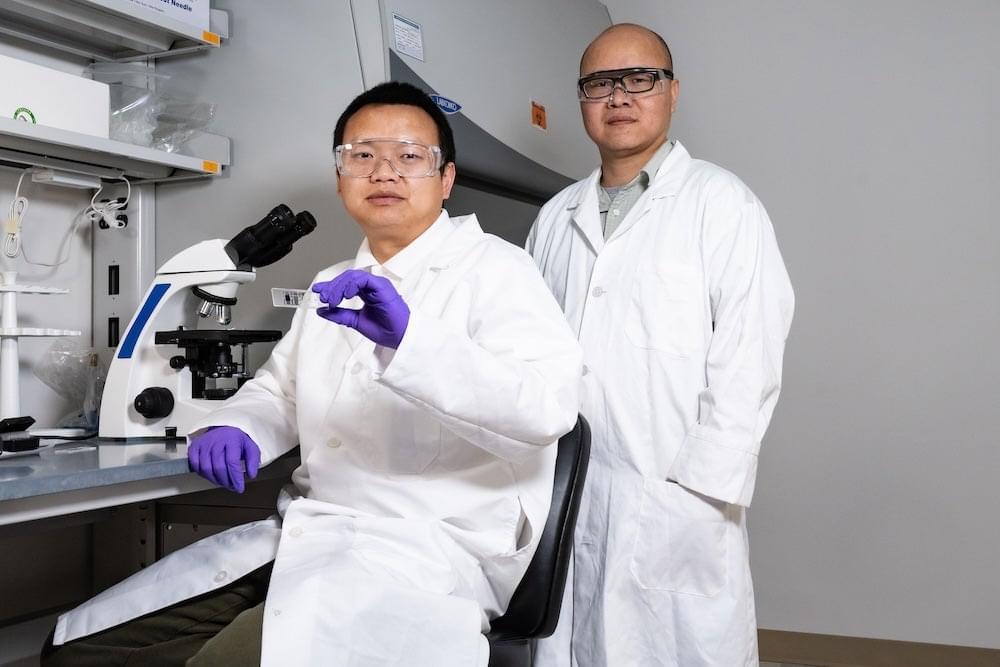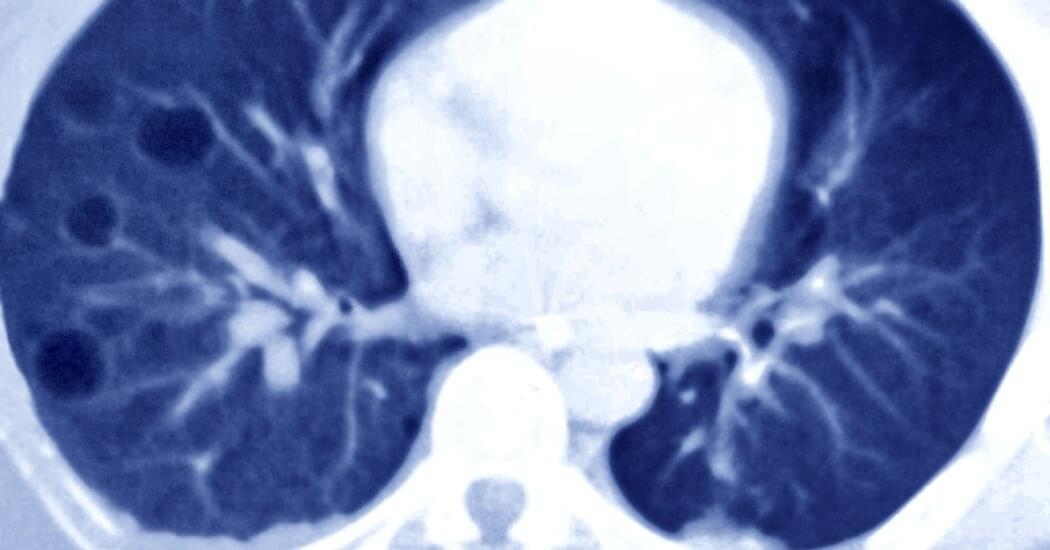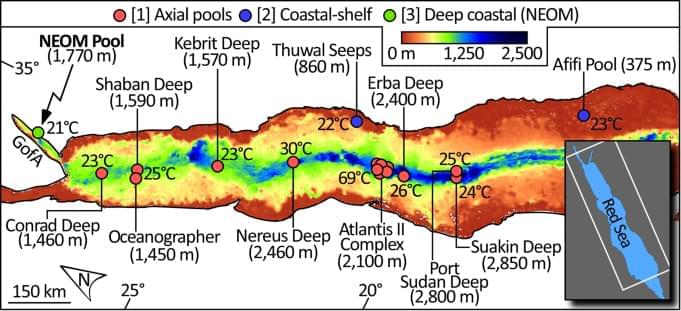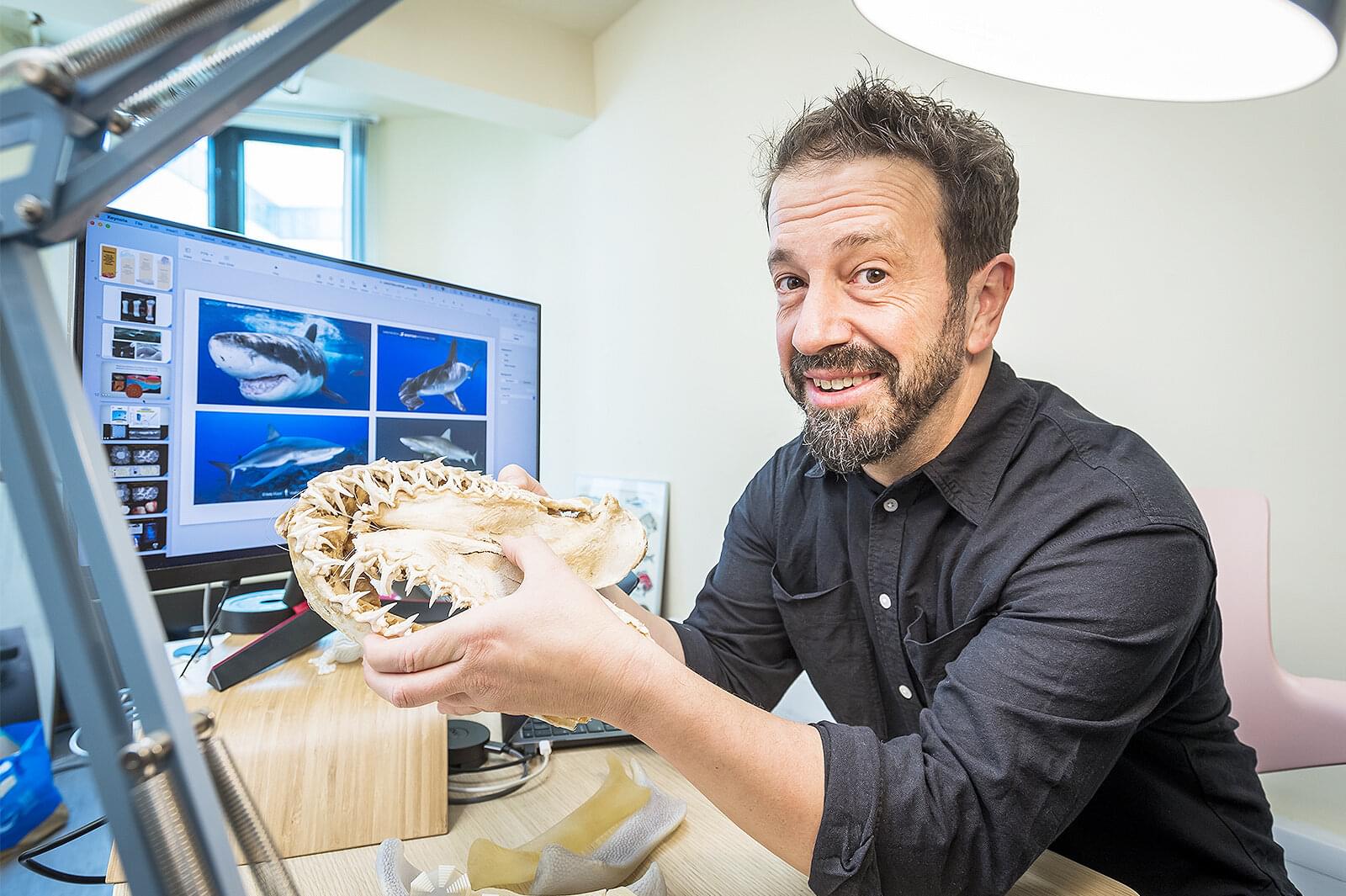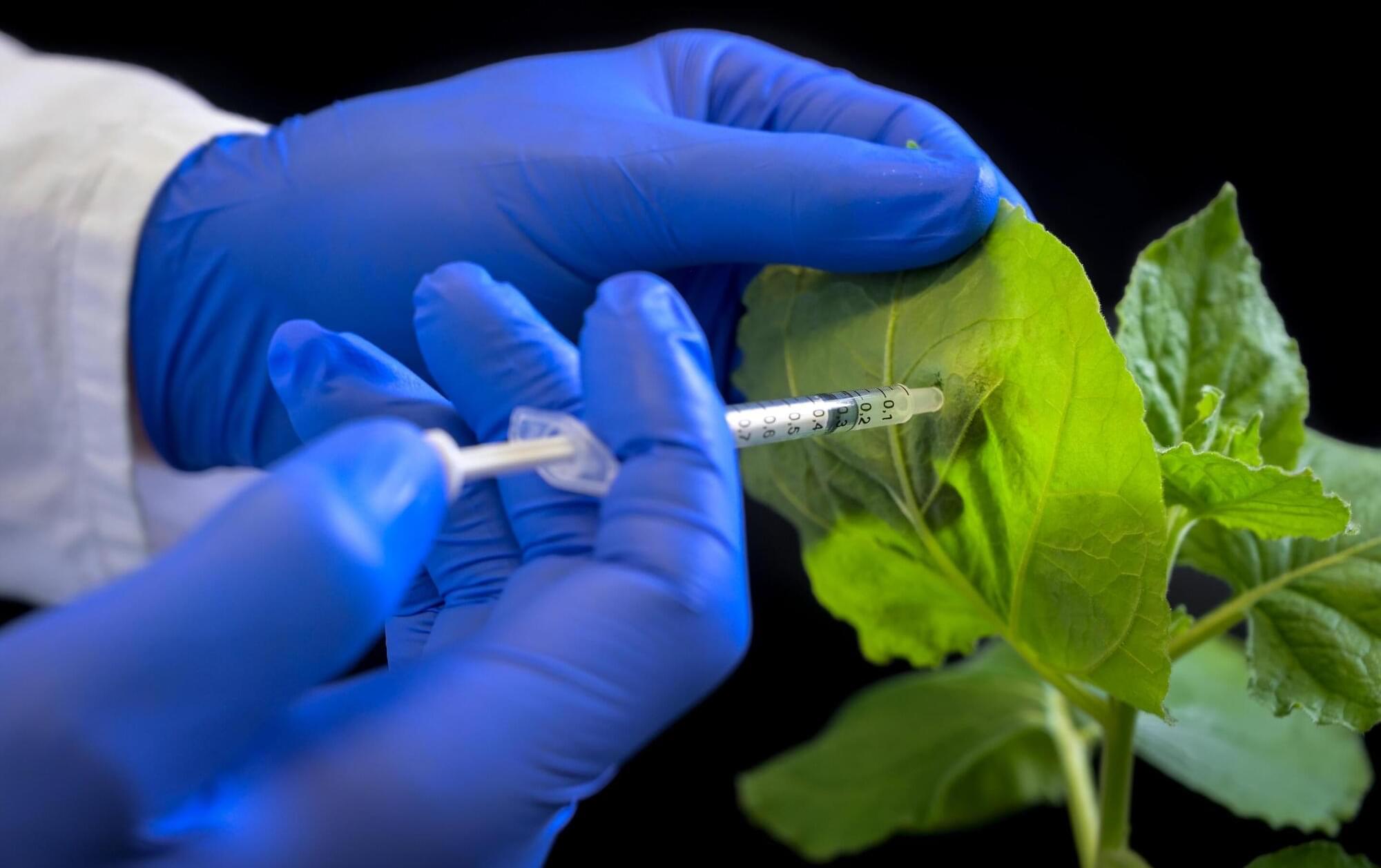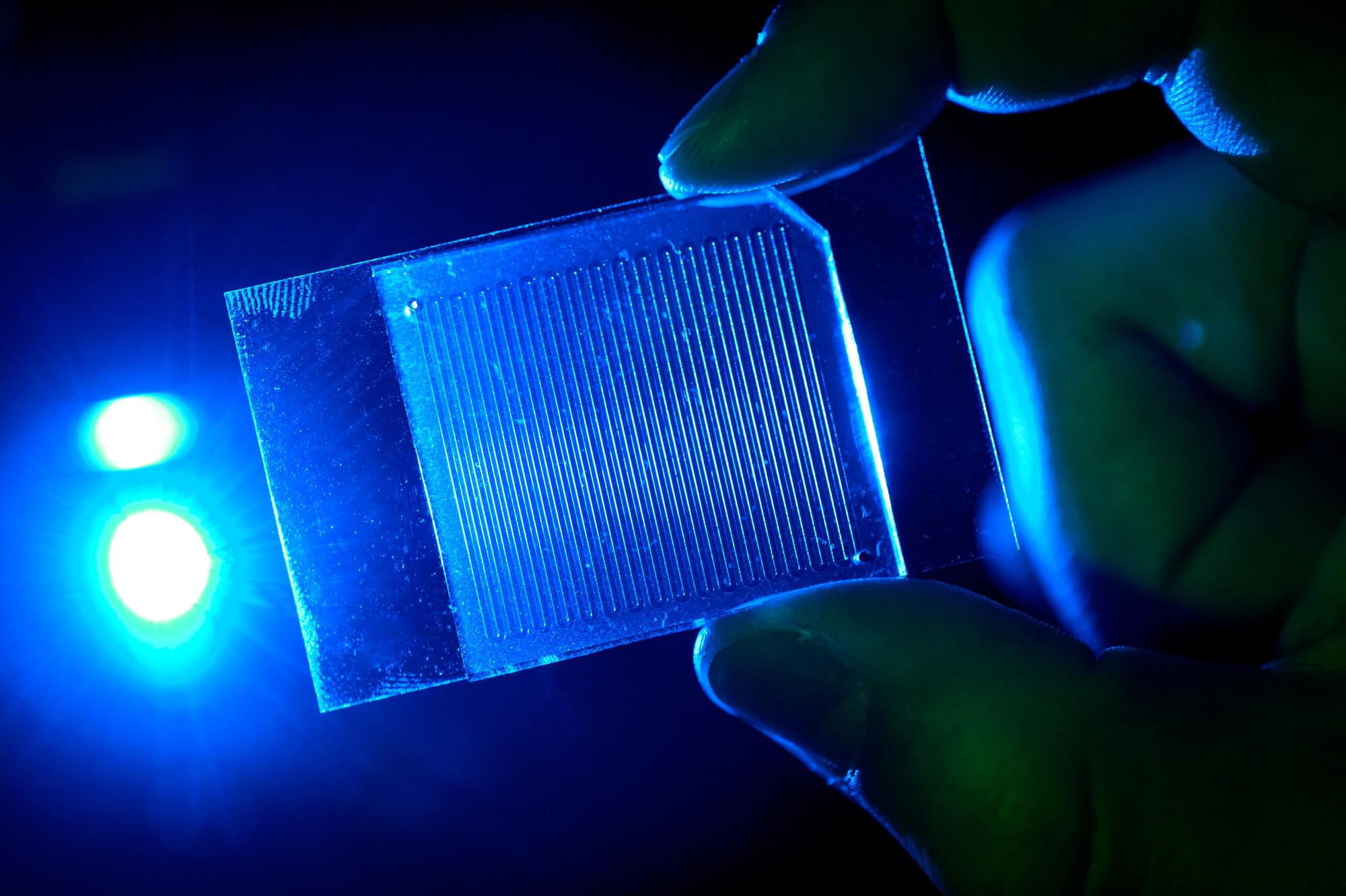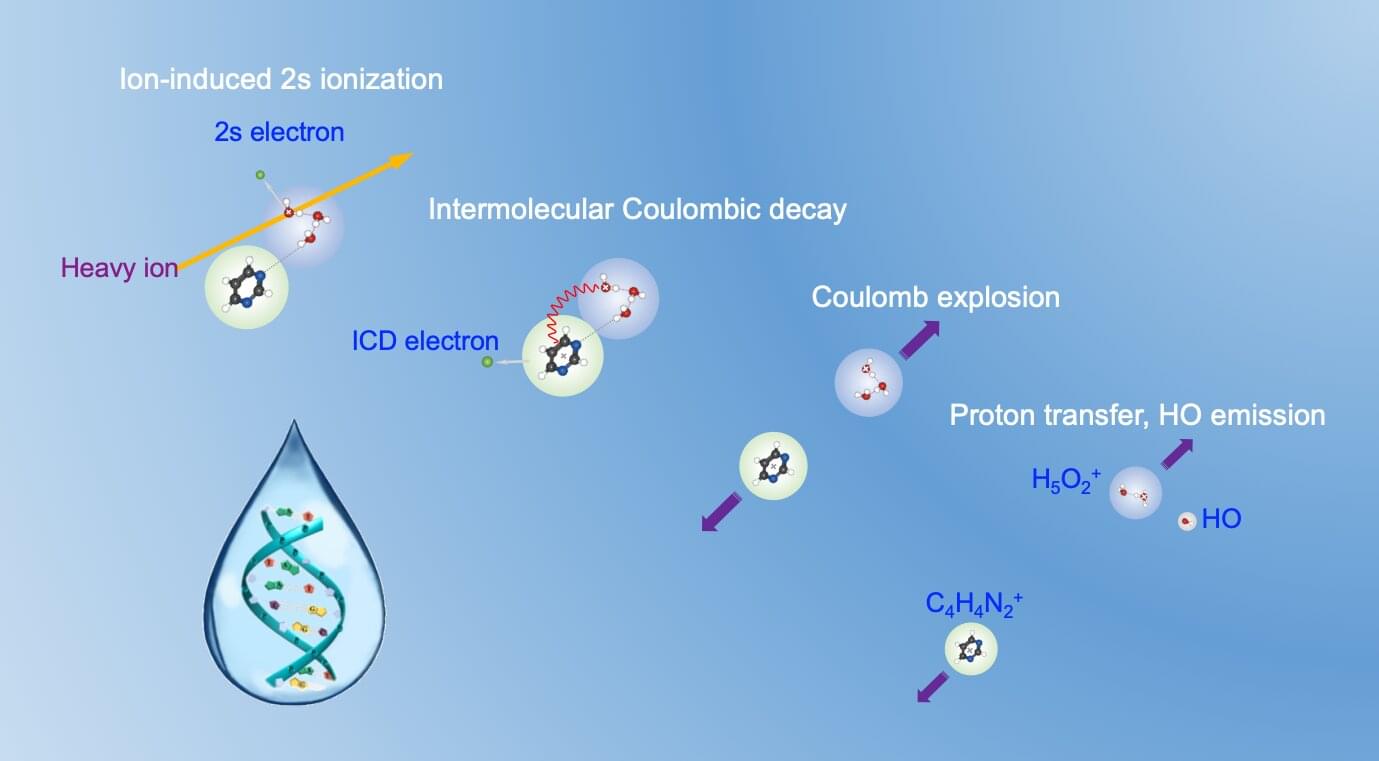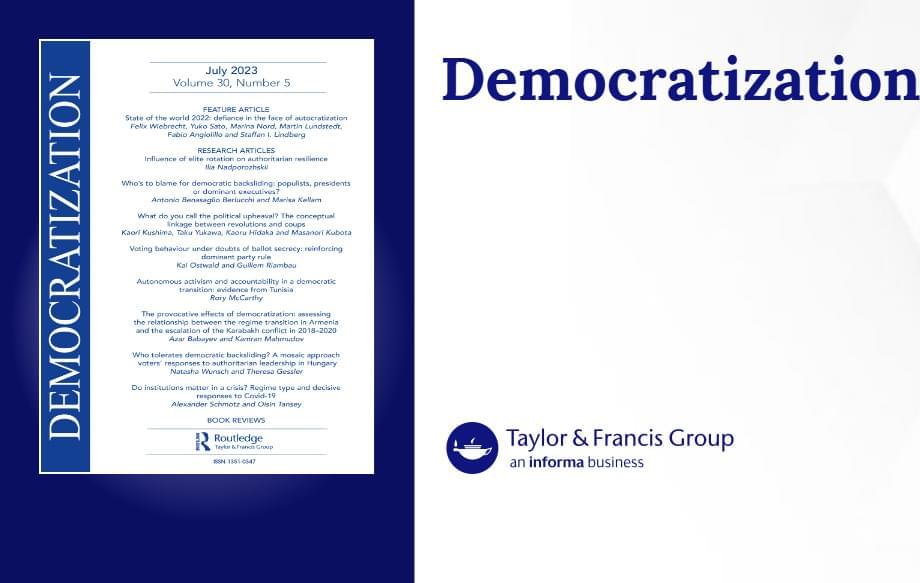Experts just discovered massive pools of water that quickly paralyze and kill anything that enters them.
A team of researchers from the University of Miami has discovered deadly deep-sea brine pools in the Red Sea, uncovering a mysterious underwater world where anything that swims in does not survive.
These extreme habitats, found 1.1 miles below the surface, are so salty and oxygen-deprived that they quickly paralyze or kill marine life.
Despite their lethal nature, the outskirts of these pools support unique microbial life, offering scientists new insights into Earth’s climatic history, the origins of life, and even potential extraterrestrial ecosystems. The discovery, published in Nature Communications Earth and Environment, marks the first time such pools have been found so close to shore, making them an invaluable natural archive of past tsunamis, floods, and earthquakes.
S history, these brine pools may also lead to groundbreaking medical advancements. Similar deep-sea microorganisms have previously yielded antibacterial and anticancer compounds, hinting at the potential for new treatments hidden in these depths. Additionally, studying life in such extreme conditions could help scientists understand how organisms might survive on other planets with water-rich environments. This discovery not only expands our understanding of Earth learn more.
Deep-sea brine pools represent hypersaline environments famed for their extremophile microbes. With anoxia entirely excluding bioturbating megafauna, brine pools are also conducive to the pristine preservation of sedimentary sequences. Here we use bathymetric and geophysical observations to locate a complex of brine pools in the Gulf of Aqaba consisting of one 10,000 m2 pool and three minor pools of less than 10 m2. We further conduct sediment coring and direct sampling of the brine to confirm the sedimentary and environmental characteristics of these pools. We find that the main pool preserves a stratigraphy which spans at least 1,200 years and contains a combination of turbidites, likely resulting from flashfloods and local seismicity, and tsunamigenic terrestrial sediment. The NEOM Brine Pools, as we name them, extend the known geographical range of Red Sea brine pools, and represent a unique preservational environment for the sedimentary signals of regional climatic and tectonic events.
